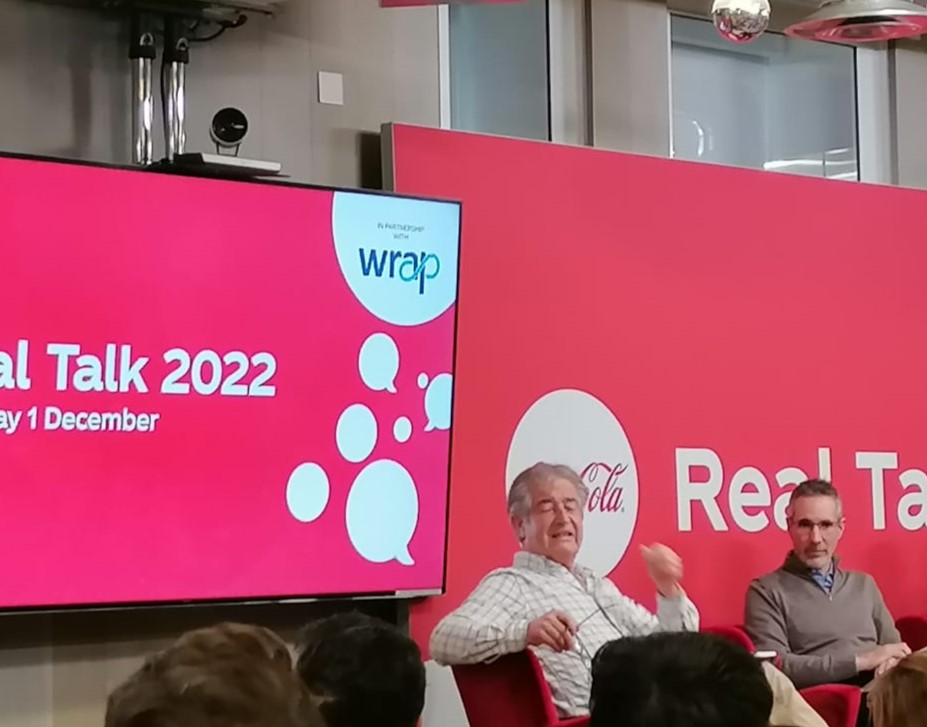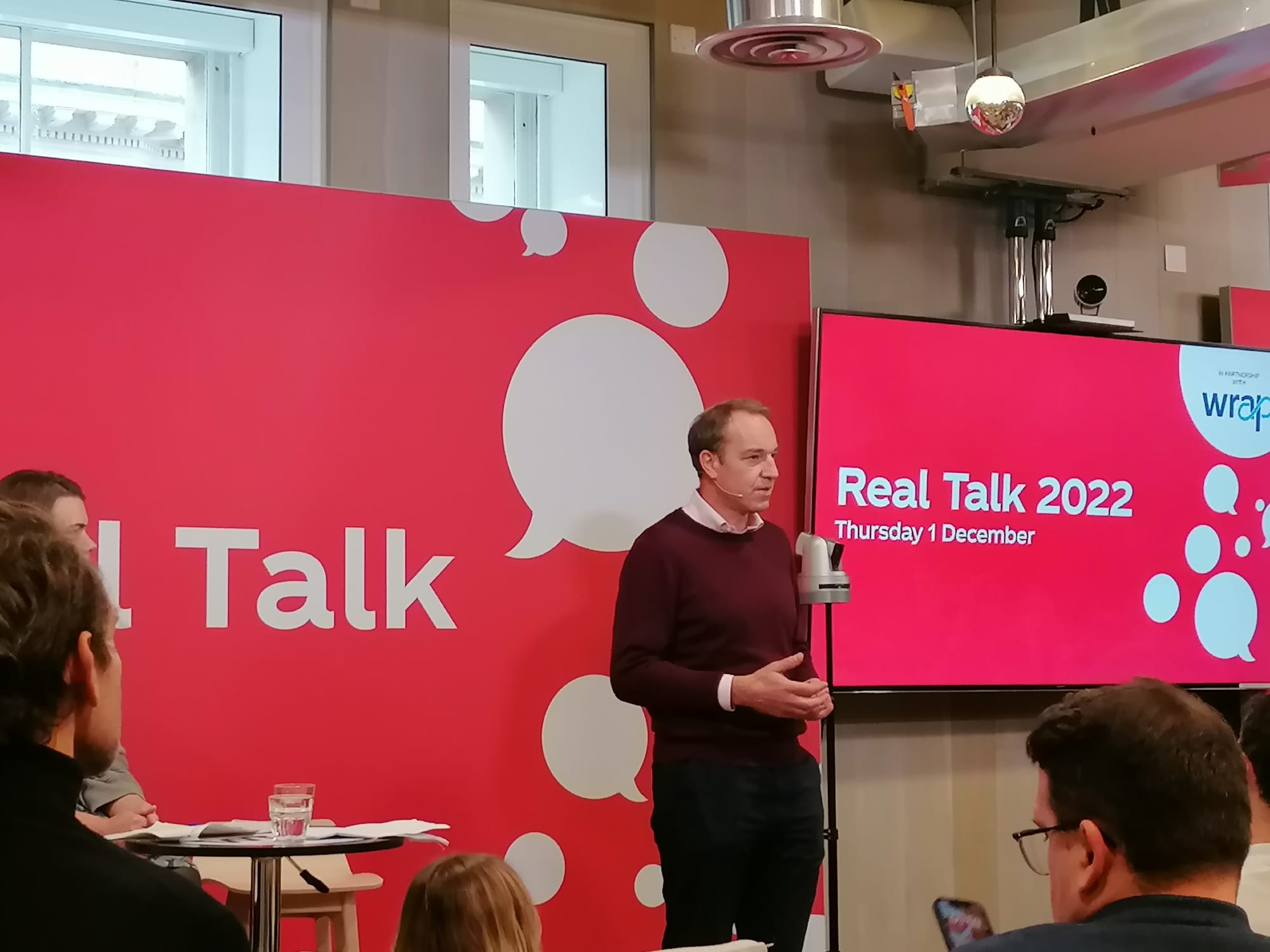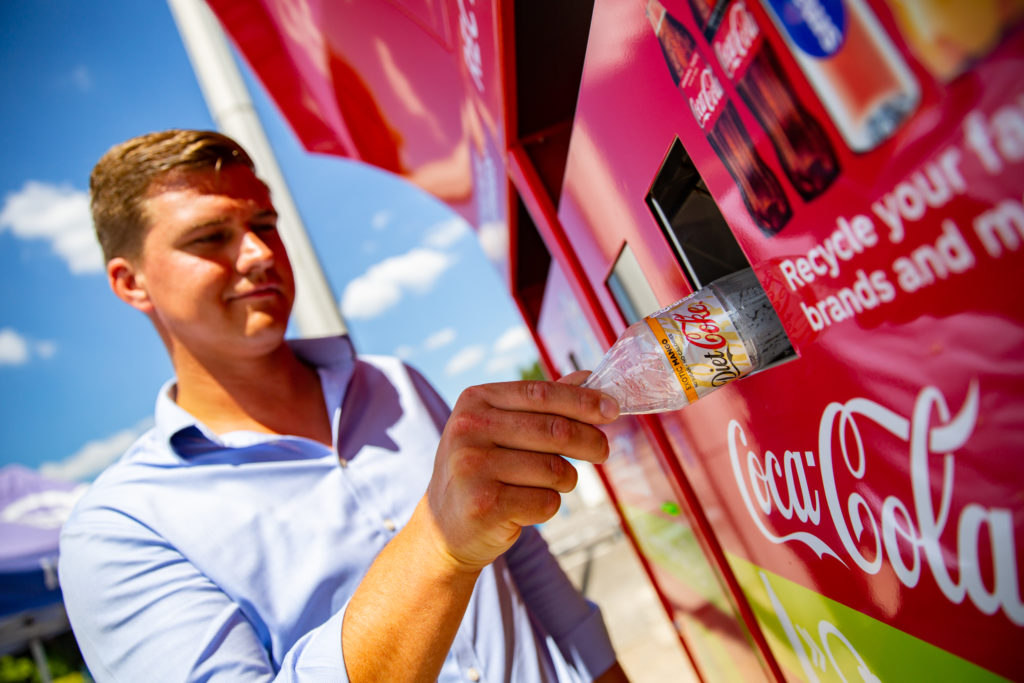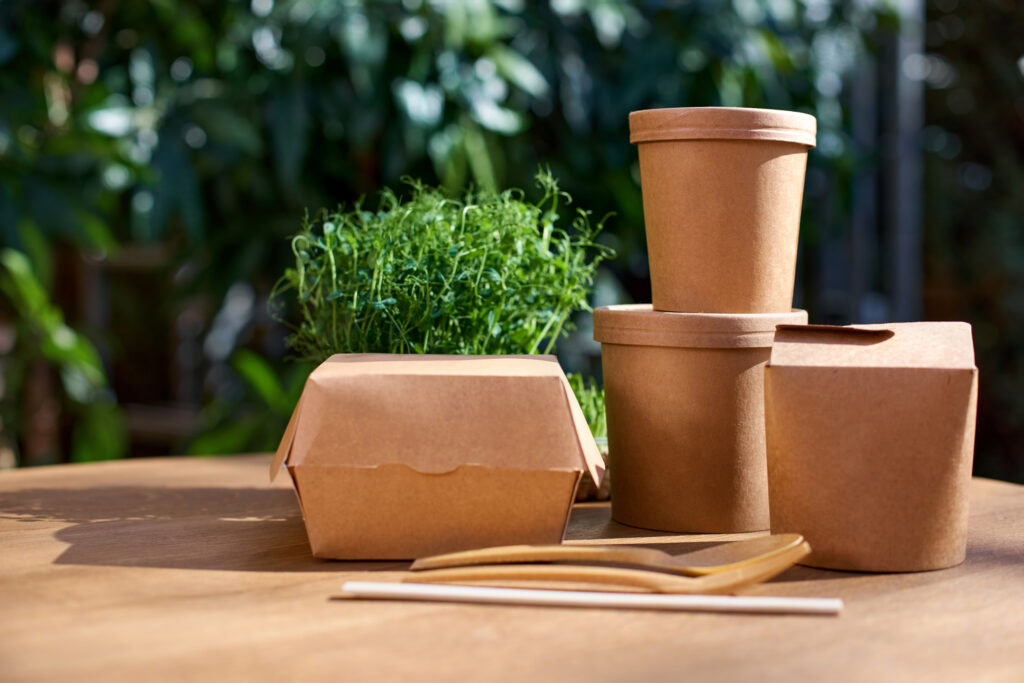Speaking at the ‘Real Talk 2022’ discussion at Coca-Cola’s Future of Packaging event in London yesterday (1 December), the role of a DRS was discussed by Joe Franses, vice president of sustainability at Coca-Cola Europacific Partners.
He explained that over the last five years, Coca-Cola Europacific Partners has invested “significantly” into using recycled plastic, with all of its smaller bottles now containing 100% recycled content.
Mr Franses said many companies making similar commitments has created a “huge demand” for recycled PET plastic.

On the role of a DRS in a circular economy, he explained: “We are really strongly advocating for a well-designed DRS. This is the best option for getting plastic bottles back at the rate we need, and to turn them back into rPET.
He added: “A DRS is part of the solution, and we are about eight or nine months away from a significant change in Scotland, where they are planning to move forward with a DRS.
“That is the first huge change we will see, and we hope England and Wales will follow suit, we hope in a unified way. However, it seems they are not operating on the same timescales, which is really disappointing. We hoped to see them all move together.
“The DRS is a big play, we know when we look across all of our markets that a well designed system, such as Germany, can get plastic bottles back to be recycled above 90%. That is a huge advance of where we are at here at the moment.”
Coca Cola GB in 2015 was among a group of major brands to urge caution over the adoption of a deposit scheme in the country (see letsrecycle.com story), saying the environmental benefits were “marginal”.
‘Not ideal’
Later in the discussion, Mr Franses was asked by letsrecycle.com if he feels the different systems in the UK are an example of a “well designed” DRS which Coca-Cola says it is behind.
He explained that the best system would be a unified one where everyone goes at the same time.
“We are worried that Scotland is going first, but we are confident it will go well. But, you are left with different schemes elsewhere. It will be confusing for consumers. People do, believe it or not, travel between England and Scotland. Policy makers forget that, and that’s before the challenge of fraud. It is not ideal, but we are confident that what we are seeing in Scotland is right.
“We have a long way to go, let’s hope England and Wales catch up so we have a UK-wide DRS which recaptures that material.”
‘Committed’

While some producers have questioned if the DRS can be rolled out by 2024 as per the current consultations, and how it fits into the wider system, Stephen Moorhouse general manager for the company’s Great Britain business unit, said the company is committed to this.
Rounding up the discussion he said introducing a circular economy is an “historical challenge, and incremental moves are good, but we need that big step change”.
He concluded that Coca-Cola is “absolutely committed” to the DRS, through both the Food and Drink and Soft Drink Federations.
“It is industry first, we need to find ways to collaborate and communicate, and make it easy for the consumer and really work together on this,” he remarked.










Subscribe for free